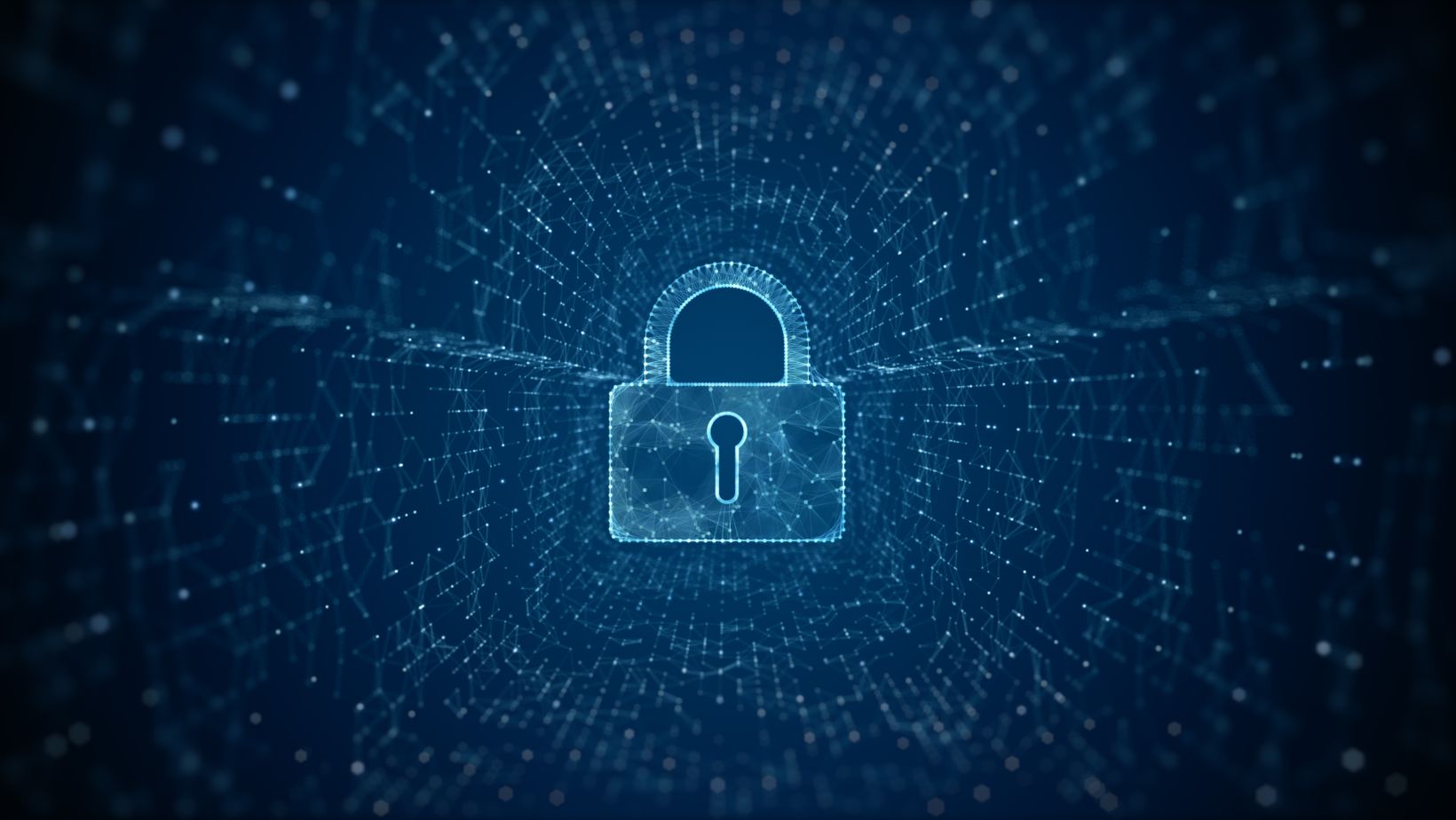Joel is a whiz with computers. When he was just…
In this digital era, it is no surprise that people have become increasingly dependent on computer systems and mobile devices. These days, most people have their information stored permanently in computer systems, may it be banking information, passwords, and other sensitive personal information.
From time to time, we have to share some of this personal information to access entertainment or acquire services. As a result, these processes led us all to share large amounts of information with corporations and in general, a number of people.
As more of our lives involve online activities and the constant sharing of personal information, there is also the growing need to protect the personal information that we share and those that we do not want to share.
Accordingly, these concerns grow even more as security threats such as data breaches and identity theft are increasing. To address such concerns, many people have started to turn to advanced online privacy tools such as Virtual Private Networks (VPNs) and IP address protection tools.
Below, let us explore what these privacy tools are, their importance, and the implications for users seeking to safeguard their online activities.
Table of Contents
ToggleImportance of Online Privacy
Definitions may vary but in essence, online privacy is the state or the protection of one’s personal information and data while using the Internet. It is the right to determine when, how, and the extent of personal online data one wants to share with others.
In theory, online privacy entitles the user to decide who can access and how they want their personal information to be accessed.

However, many believe that in reality, it is impossible to control what personal data gets collected and how it is used. Although banks and governments take proactive steps to protect people’s online privacy, a lot of people are of the belief that ultimately, the protection of personal information rests in the individual’s hands.
Accordingly, many people have taken matters into their own hands to protect their personal information online. For some, they make sure that the websites they visit cannot be tracked by searching for ways on how to hide IP address on android or other similar smartphones. While for others, they simply optimize their passwords in their online accounts and turn on two-factor authentication.
However, there are also people who take online privacy as a serious matter so they explore privacy tools such as VPN and other tools for IP address protection.
IP Address Protection Process and VPNs
For people that want to take online privacy to the next level, they resort to hiding their IP addresses and use special tools such as VPNs to do so.
In brief, an IP (Internet Protocol) address is a unique number assigned to your devices by your Internet Service Provider (ISP). Now, why is an IP address important when it comes to protecting online information?
For one thing, your IP address may be used by marketers to use your location to advertise products or services specific in the area where you may be. It can also be used by employers to track your online activity. Lastly, and probably the most dangerous one is that your IP address may be used by cybercriminals to hack into your devices and use your identity to commit cybercrime.
Seeing how important an IP address is, many have made efforts to protect and conceal it. For others, they use a proxy server where your device only communicates with the proxy while the proxy relays your messages and activity to the servers on the Internet. On the other hand, there are also those that use VPNs.
What is a VPN?
VPN or ‘Virtual Private Network’ is a service acquired by people to protect their internet connection and, in the process, enhance their privacy online. A VPN hides your IP address details by letting the network redirect it through an encrypted remote server, and makes you at ease when you use public Wi-Fi.

Here are some of the reasons why some people use VPN when surfing the internet:
-
It disguises your whereabouts
VPN serves as your proxy on the Internet. Depending on how secure the VPN you are using, it essentially hides your personal data and online activities and makes it difficult to find the actual location where you are accessing the Internet.
At most, a VPN can hide your geographic location through IP masking and encryption. Accordingly, it provides anonymity by making it appear as if you are browsing from another part of the world.
-
It provides data protection while using the public Wi-Fi
Another reason why people use VPN is that it allows them to comfortably access apps which may involve sensitive bank information, among others. By using a VPN while accessing the Internet on a public Wi-Fi, you get to mask your IP address and, in effect, become invisible to others.
-
It offers secure data transfers
Lastly, VPN can be used especially when you are working remotely to allow you to safely access and handle important files from your company’s network. With a VPN in use, you get to reduce the risks of data leakage and compromise.
Final Thoughts
As the world continues to rely on the Internet, protecting your online information has become an important endeavour.
With a lot of security risks and threats, one must take matters into their own hands and protect their information online. By utilizing VPNs and other IP address protection tools, you get to enjoy greater freedom when browsing through the Internet. After all, protection will always be worth the cure.
Joel is a whiz with computers. When he was just a youngster, he hacked into the school's computer system and changed all of the grades. He got away with it too - until he was caught by the vice-principal! Joel loves being involved in charities. He volunteers his time at the local soup kitchen and helps out at animal shelters whenever he can. He's a kind-hearted soul who just wants to make the world a better place.






